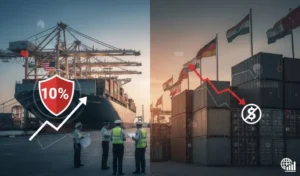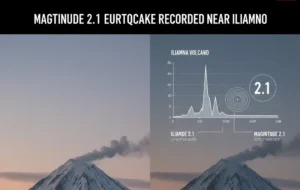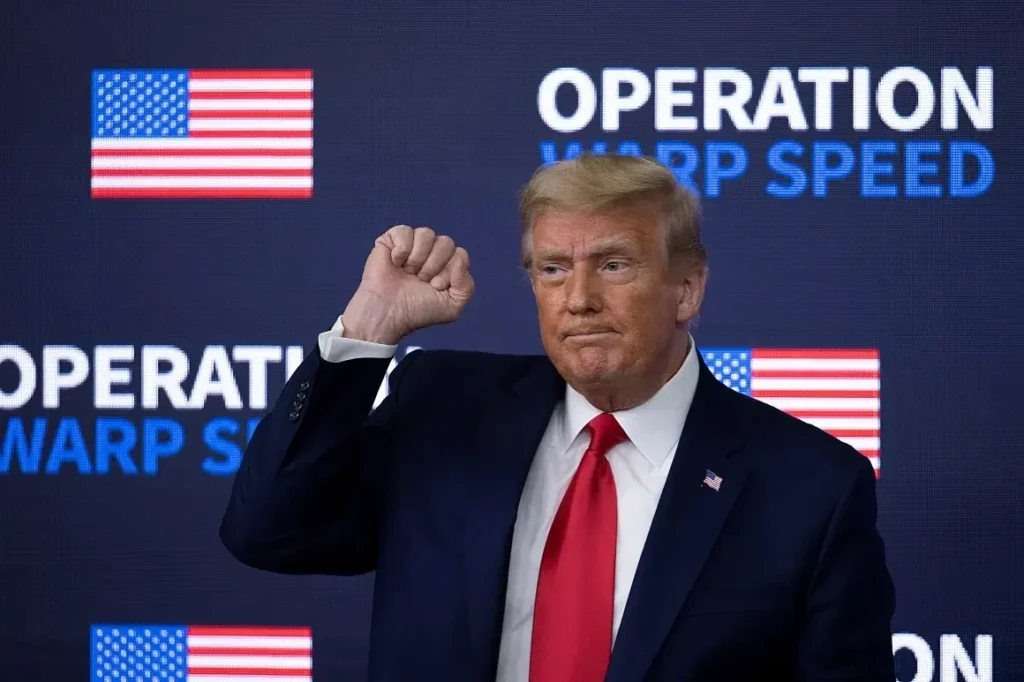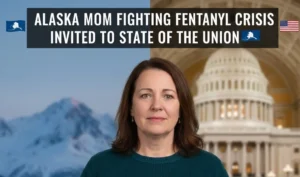President Donald Trump announced on Friday that EU-Mexico tariffs will take effect on August 1, triggering global trade anxiety. The White House confirmed the decision after Trump sent formal letters to the European Union and Mexico leaders.
The White House confirmed the decision after Trump sent formal letters to leaders in the European Union and Mexico. He stated that these tariffs respond to long-standing trade deficits and unequal treatment under current international trade agreements.
Trump emphasized that the US could double tariffs beyond 30% if either partner responds with retaliatory measures. Trump criticized the EU’s restrictive tariff and non-tariff policies in his letter to European Commission President Ursula von der Leyen.
He argued that the trade imbalance has persisted too long and that prior discussions have failed to make meaningful progress. The European Union, the largest US trade partner, expressed hope for a deal before the August 1 deadline.
Von der Leyen responded by reaffirming the EU’s readiness to negotiate but warned they would act to protect European interests. Italy’s Prime Minister Giorgia Meloni said both sides should seek a fair agreement to avoid a transatlantic trade war.
Dutch Prime Minister Dick Schoof urged unity within the EU and emphasized the need for a mutually beneficial agreement with Washington. Germany’s Automotive Industry Association warned that escalating tariffs could severely hurt European carmakers and related supply chains.
Trump also addressed Mexico directly, saying the country has not done enough to curb drug trafficking across the US border. He acknowledged Mexico’s cooperation in border security but argued the results fall short of what the US requires.
Mexico’s government labeled the move unfair and said it would consider appropriate responses to the proposed tariff hike. Meanwhile, Canada also received a White House letter threatening 35% tariffs, although its USMCA exemption remains unclear. With mounting uncertainty, these tariffs have reignited fears of prolonged economic disruption ahead of the US election cycle.









